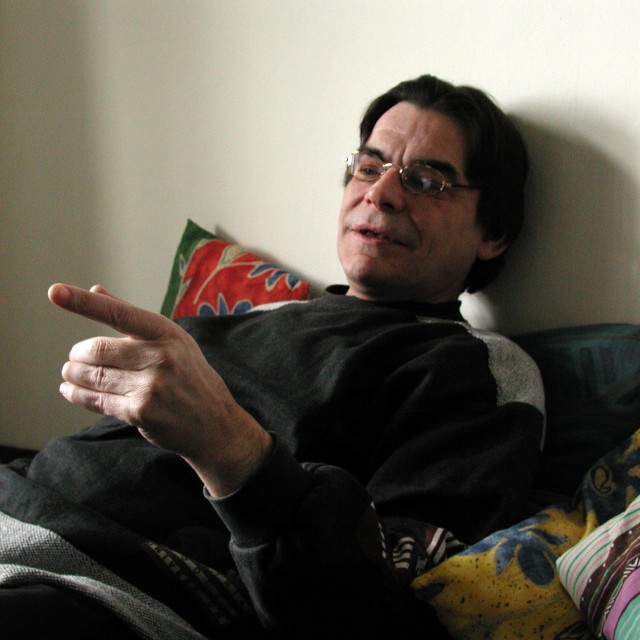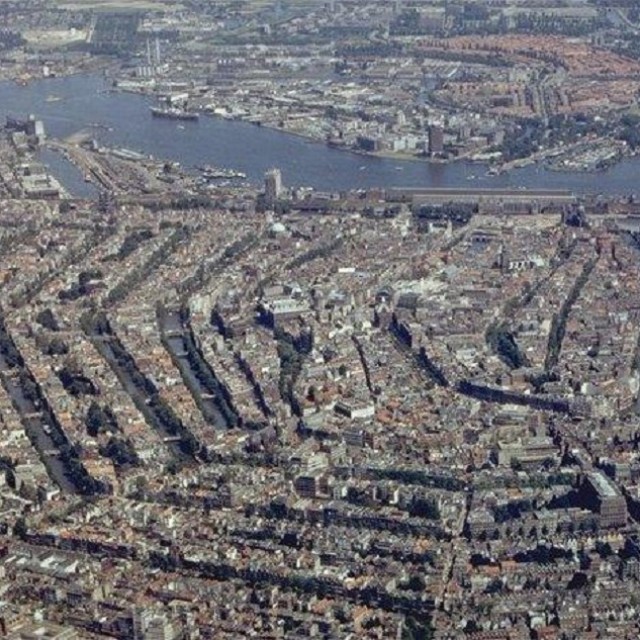Search for fellow countrymen
Ivan Landsmann was lucky to leave Czechoslovakia for Canada in the mid-1980s thanks to the invitation from his elder brother who lived in Toronto. Less than two months later, however, he returned to Europe upon his brother’s insistence. Returning to Czechoslovakia was unthinkable at the time so he decided to apply for political asylum in Holland. “At first, they let me sit by the door at the airport in Amsterdam for seven days; that was difficult – I was expecting them to deport me all that time. After a few days of waiting, they gave me a Polish interpreter because I couldn’t speak any English, and she told me to lie in my application for residence permit and to say that I was leaving Czechoslovakia for political reasons instead of in search of a job. Eventually, they gave me a paper permitting me to stay for one year and told me to go to this address where I would be taken care of. When I found the place, there was nobody there – the address was fake.” For the next two months, Ivan Landsmann would hang around Amsterdam parks and look for Czech countrymen. His brother in Canada had told him that there were many Czech pubs in Holland. One day, after several weeks of fruitless efforts, Landsmann, armed with a Czech-Dutch dictionary, was once again trying to ask a waiter in one of Amsterdam’s many pubs about a place where he could find his fellow countrymen. “A man heard our conversation; he came to my table and spoke in broken Czech. It was like in a fairytale. He told me that he had been a prisoner of war in Czechoslovakia during wartime, and had worked there for some time afterwards so he could speak a little Czech. He told me he knew a singer named Hutka in Rotterdam, and writer Jana Beranová.” The unknown man in the bar obtained Hutka’s address in Rotterdam in a few days, and Ivan Landsmann went there without hesitation.
Hodnocení
Hodnotilo 0 lidí
Routes
Not a part of any route.
Comments
No comments yet.



